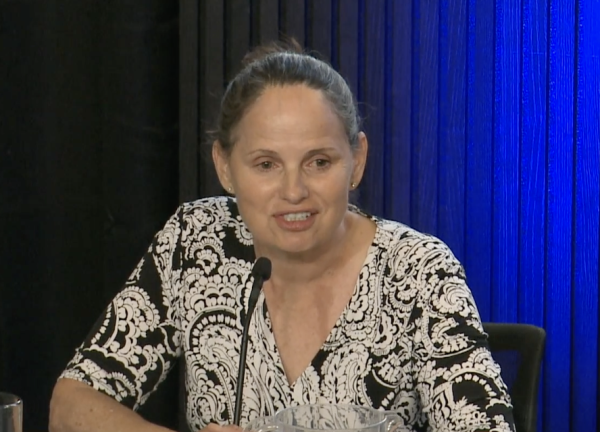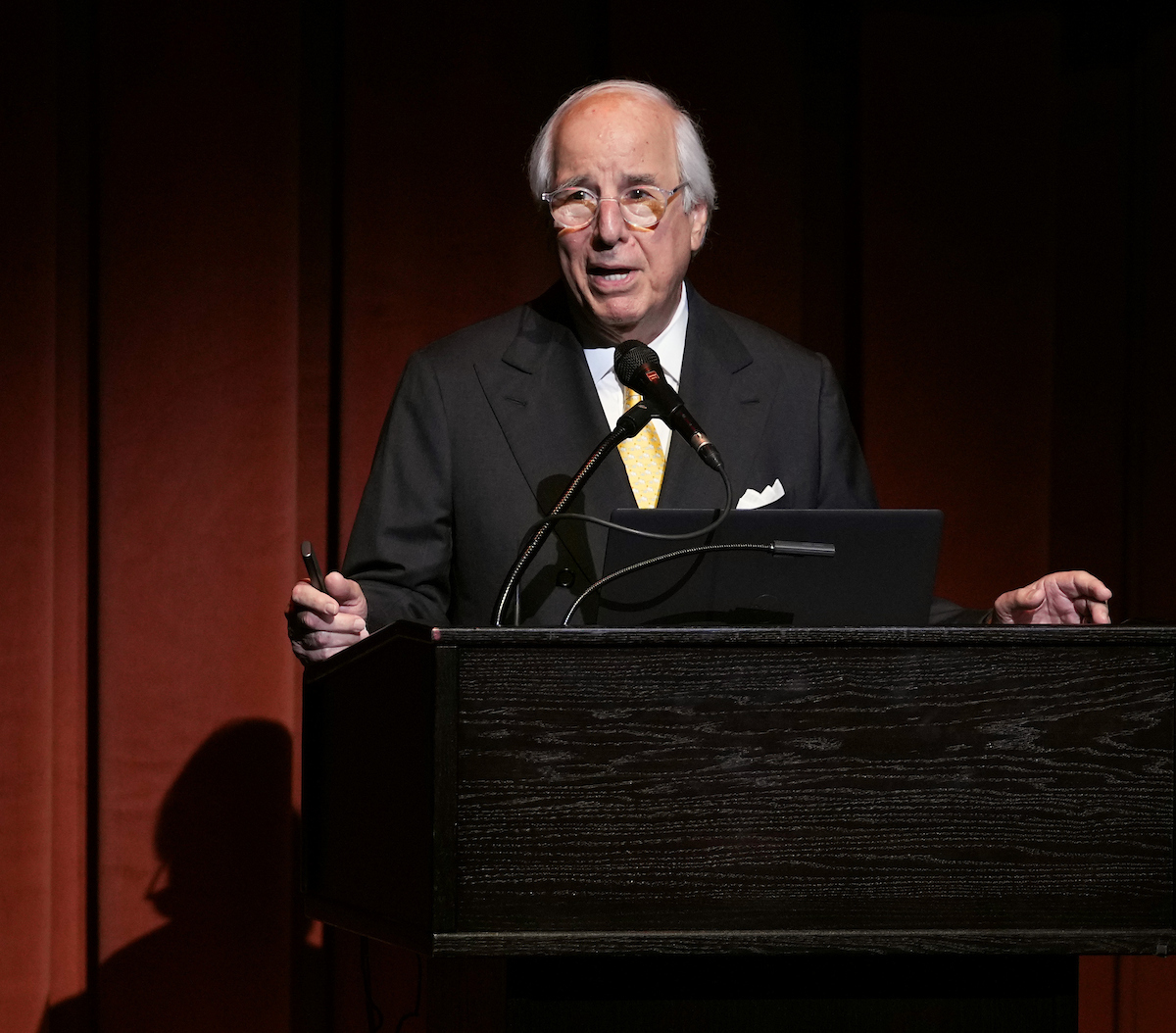Contra Costa County elected officials warned that proposed cuts by DOGE and the “One Big Beautiful Bill” will eventually bring long-lasting damage to education, health care, food stamps, homeless populations and the employees who support those programs.
It’s just a matter of time, said Janet Hoy, board member of the League of Women Voters, Diablo Valley, which sponsored a panel discussion Sept. 3 at the Walnut Creek Library. More than 70 people attended the meeting.
Hoy explained that most of the proposed cuts in federal spending are not scheduled to take effect until after the federal midterm elections in November next year. However, the consensus was that the worrying starts now.
Panelists at the event included county Supervisor Shanelle Scales-Preston, Concord Mayor Carlyn Obringer, Antioch Mayor Pro Tem Louie Rocha, Walnut Creek Mayor Pro Tem Kevin Wilk, and county Superintendent of Schools Lynn Mackey.
In education, Mackey presented this information: The county receives about $200 million in federal funds. There are about 170,000 students in the county, and 40% of them live below the poverty level.
“So when we talk about cutting Medi-Cal (medical coverage) and SNAP (food stamps), all of them are going to be drastically impacted,” Mackey said.
She said there is a proposal to cut funding for the poorest districts by 27% and to eliminate funding for English language learners and adult education.
““I really believe that budgets reflect your values,” Mackey said. “When you see some of these cuts, it’s just so disturbing.”

The outcome of these budget cuts is expected to be complicated and tangled, and it can’t be summed up into a sentence or two.
In Walnut Creek, Wilk said, “There are so many things that are interconnected. … Think about it like a spider web. If one thread of that spider web is weakened or broken, the entire web is compromised and that is exactly what’s going on right now. This is serious.”
Even quality of life issues like federal funds used to repave streets or support police department outreach to homeless populations are in jeopardy, according to Wilk.
And, if Medi-Cal funds are cut, or if undocumented residents fear that ICE will raid health clinics or doctors’ offices, then more and more people will seek help at hospital emergency rooms, noted Supervisor Scales-Preston. One-half of the county’s budget supports the county hospital and 13 clinics. She fears the impact will spread to John Muir, Sutter Delta and Kaiser since Medi-Cal reimbursements don’t support total costs.
She believes the gravity of this situation is being underestimated.
“If you’re just reading headlines, and believing that these threats are not going to happen to you or a loved one, you’re wrong,” said Scales-Preston. “It’s going to hit you just the same.”
She added that hunger is already a present-day problem in Contra Costa County, addressed by private churches and organizations like White Pony Express, Meals on Wheels, the Food Bank of Contra Costa & Solano, and Loaves and Fishes.
“Our concern is what happens moving forward,” said Rocha. “Cities are going to have to figure out how we’re going to be able to provide services without programs like White Pony Express and other agencies that we currently are able to get support from the federal budgets.”
The panelists emphasized the need for community advocacy and continuous engagement. They pointed out that attending town hall meetings, participating in walks and protests, and staying positive are just a few ways to make a meaningful impact.
This is the third in a series of stories reporting on the challenges nonprofit organizations in Contra Costa County face as changes in federal laws and policies go into effect. Caroline Donahoe is a 12th grader at Northgate High School in Walnut Creek. This story was made possible by support from the Lesher Foundation, its Newsmakers speaker series, and the Bay City News Foundation. Stories are produced independently by the CCYJ news team.








